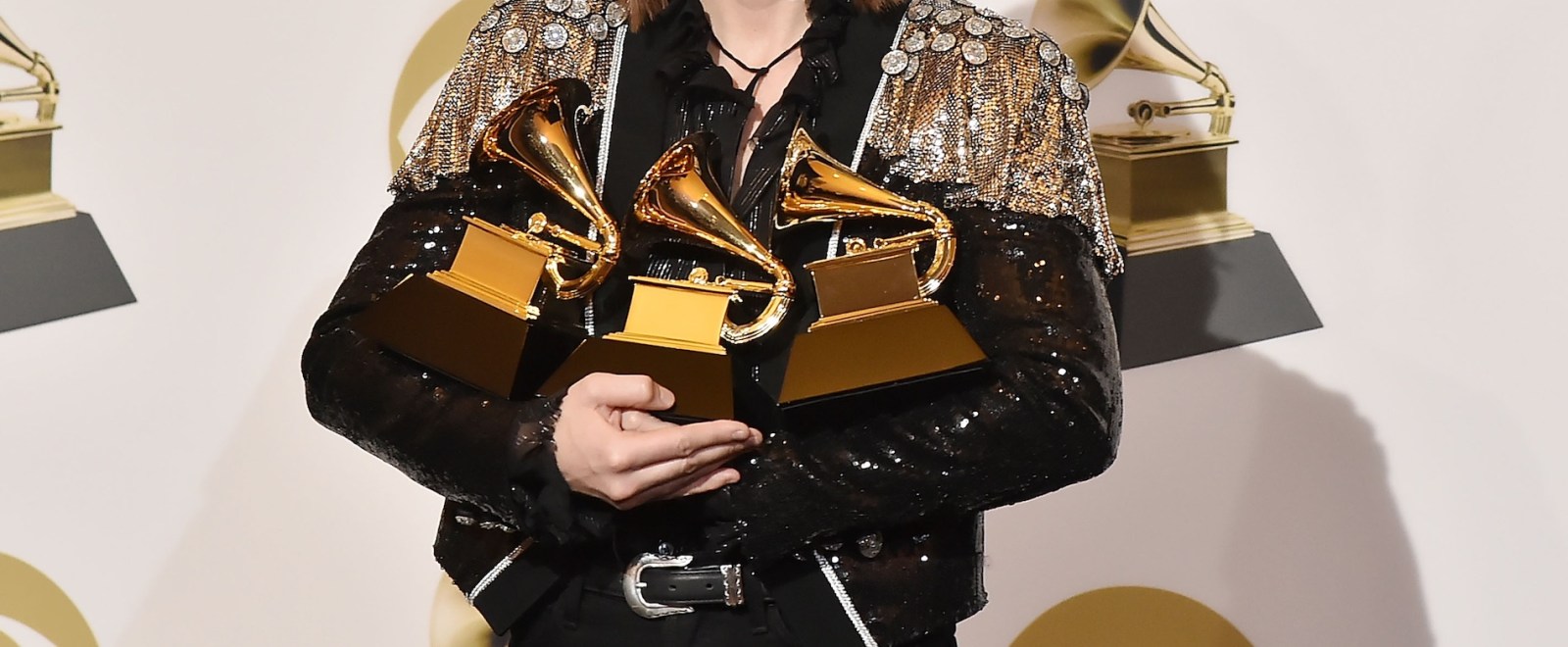
The music industry is an amorphous organism that is subject to frequent change. One of the latest is the phasing out of the word “urban” as a descriptor of a musical style; Republic Records has banned the word internally. Now, the Recording Academy is following suit.
Today, the Academy announced nine major changes to the Grammy nomination and awards process, changes that were ratified at the semiannual Trustees Meeting in May and are effective immediately, as of the upcoming 63rd Annual Grammy Awards. One of the changes is the renaming of the Best Urban Contemporary Album category, which is now known as Best Progressive R&B Album.
Harvey Mason, Jr., Chair and Interim President/CEO of the Recording Academy, spoke about this change (and the others) with Billboard, saying, “There were some uncomfortable feelings around [the term urban]. I think it’s been a gradual shift within in the R&B community. It’s been discussed [within the Academy]. It’s been a little contentious at times.”
The Academy defines the Best Progressive R&B Album category, “This category is intended to highlight albums that include the more progressive elements of R&B and may include samples and elements of hip-hop, rap, dance, and electronic music. It may also incorporate production elements found in pop, euro-pop, country, rock, folk, and alternative.”
That said, the word “urban” actually hasn’t been completely scrubbed from the Grammys: The Best Latin Rock, Urban Or Alternative Album category has been renamed to Best Latin Rock Or Alternative Album, and the “Urban” is now part of the newly renamed Best Latin Pop Or Urban Album (formerly Best Latin Pop Album).
Noting that “urban” doesn’t have the same sensitivity in the Latin music community, Mason said this change “came directly from the community. The urban community, the reggaeton community tend to feel they’re closer in sound to the pop music. This is coming from them. They asked for this change.”
Other categorical changes include the renaming of Best Rap/Sung Performance to Best Melodic Rap Performance, which Mason says “puts an emphasis on the melodic nature of the performance. It opens the door to more forward-thinking and more different genre blends. It makes it a little bit more inclusive to have records that have rap but also melody and lyrics.”
The Best New Artist category has also been impacted, as the rule that prohibited eligible artists from having released more than 30 tracks prior to the start of the current eligibility year has been dropped. Mason explained, “In [some] genres, specifically hip-hop and rap, their mode of development is record and release. We felt it was unfairly punishing artists who are prolifically releasing material early in their careers. We do not want to exclude any artist based on a rule that was specifically affecting one genre more than the other.”
Also, for the first time, the Academy has made their 66-page Grammy rule book, which was previously only available to voting members and other insiders, available online for all to read. So, check that out here, and read more from Mason about the rule changes here.
